Home / Best Practices / Gaining Controlled Substance Compliance To Reduce Risk

Jan Woods
Co-Founder and CEO of Ask Jan For Help, LLC
Current, Compete and Accurate Recordkeeping
Are You Logging in Real Time?
Biennial or Annual Inventory
Have you performed the DEA’s required Biennial Inventory (21 CFR 1304.11(c)? Please note that some states require a Controlled Substance Inventory annually. So be sure that you know and follow the most stringent regulations. To minimize your risk and improve compliance, I suggest that you perform your controlled substance inventory quarterly.
Why should you do the extra paperwork quarterly? Because one of the first things a DEA Auditor will ask to see when they knock on your door is your most recent inventory form. If you have performed your inventory quarterly, then the DEA has a lot less data to review compared to the controlled substance data that would be listed on an annual or biennial inventory form. Please remember to inventory each and every controlled substance in your practice, including all expired controlled substances. Sending your expired controlled substances to a government approved Reverse Distributor prior to performing your inventory will save you a lot of time.
Schedule II controlled substances must be listed separately from Schedule III-V controlled substances. I suggest that each Schedule be listed on a separate inventory form for clarity and ease of operation. And don’t forget that your expired controlled substances must be listed separately by Schedule as well.
Controlled Substance Reconciliation Logs and Inventory Balances
In subsequent articles we will continue to explore more ways to improve controlled substance compliance, save time and reduce risk.
Please note that the State and Federal governments create, change and update regulations frequently. As of March 2024, the information contained in this article is current. Remember to check with the various governmental agencies for regulatory changes that may affect your practice. You can contact Jan Woods for regulatory help and consultation through her email at jan@janforhelp.com. © Copyright March 26, 2024, Jan Woods.


